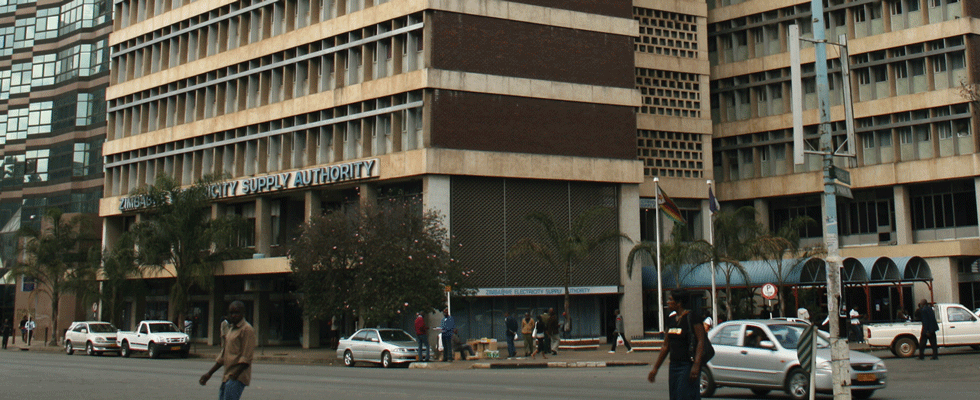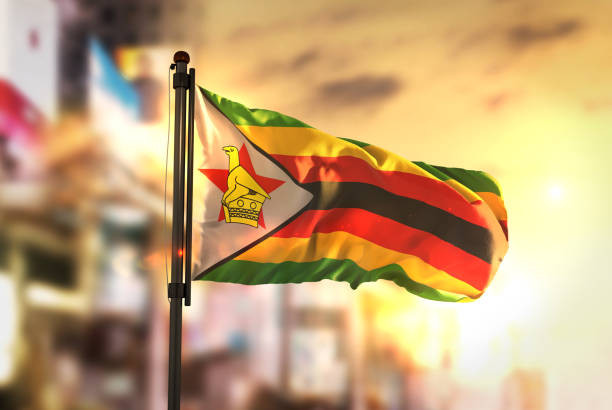
Today marks a week since Zesa introduced a tighter load-shedding regime, which has seen some areas going for up to 16 hours without electricity.
The Zimbabwe Power Company (ZPC) last week announced water levels at Kariba were very low, forcing the company to reduce electricity generation. Power generation at Kariba has been reduced from 750 to 475 megawatts, while ZPC also announced that it would carry out maintenance works at Hwange Power Station.
While there is nothing we can do about rainfall patterns, Zesa’s inability to mitigate the power shortages reveals a startling lack of planning on both their and government’s side.
It is an indictment on the government that since 1980, it has not invested meaningfully in the energy sector, leading to electricity shortages that have been a hallmark for the past 15 years. It boggles the mind why after 35 years of independence, we still rely on infrastructure set up by former colonialists in the 1960s and 1970s.

If the government had any foresight, it would have anticipated that this infrastructure would not meet the needs of a growing population and a more sophisticated industry, and should have started working on augmenting power supplies as far back as possible.
Instead of investing in power generation, Zesa and the government chose to depend on the low-hanging fruit of Kariba hydro-station on the basis that the giant lake would always have enough water to generate electricity, but now this plan has come a cropper, revealing the authorities’ ineptitude.
As it is, the country has had to rely on costly power imports from neighbouring countries, which could have been avoided had the government been prudent enough to invest in electricity generation.
We wonder how the government expects to attract investment and grow the economy when it can hardly provide adequate electricity for the few businesses that are struggling to stay afloat. The electricity shortages have a domino effect on the rest of the economy and it is important that government addresses the power situation as a matter of urgency.
- Chamisa under fire over US$120K donation
- Mavhunga puts DeMbare into Chibuku quarterfinals
- Pension funds bet on Cabora Bassa oilfields
- Councils defy govt fire tender directive
Keep Reading
There are reports that the government now wants to invest in solar power generation, but this a reactionary response instead of one with foresight.
It is disheartening that only 19 years ago, Zimbabwe hosted a World Solar Summit, which was expected to give a platform and an impetus for investment in renewable energy, particularly solar power, yet the government did not see it wise to set up new infrastructure.
Thus, government must take responsibility for the current state of power generation and expedite solutions.
We hope that this situation inspires the government to put in place long-term plans instead of relying on ad hoc solutions for problems they could have easily foreseen.
If the government is genuine about fixing the electricity situation, we urge them to immediately declare a state of disaster, invite as many private investors and channel as much resources as it can to power generation.











